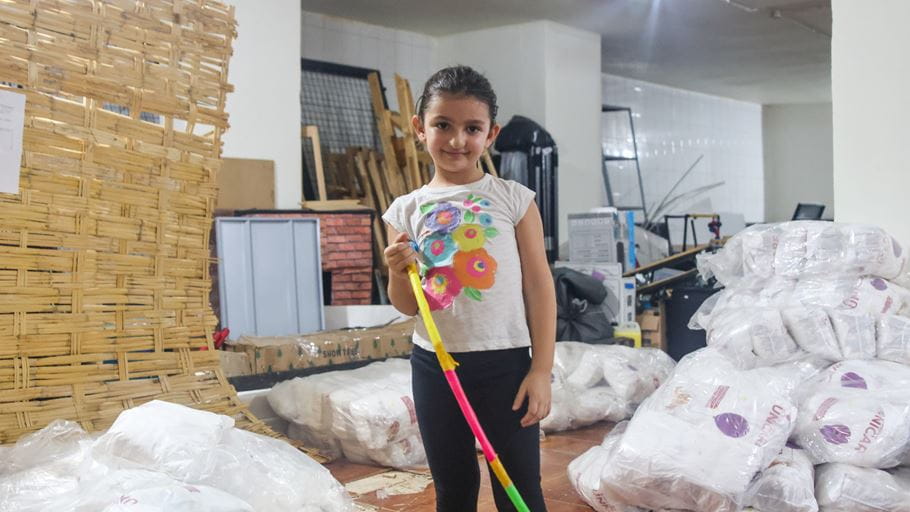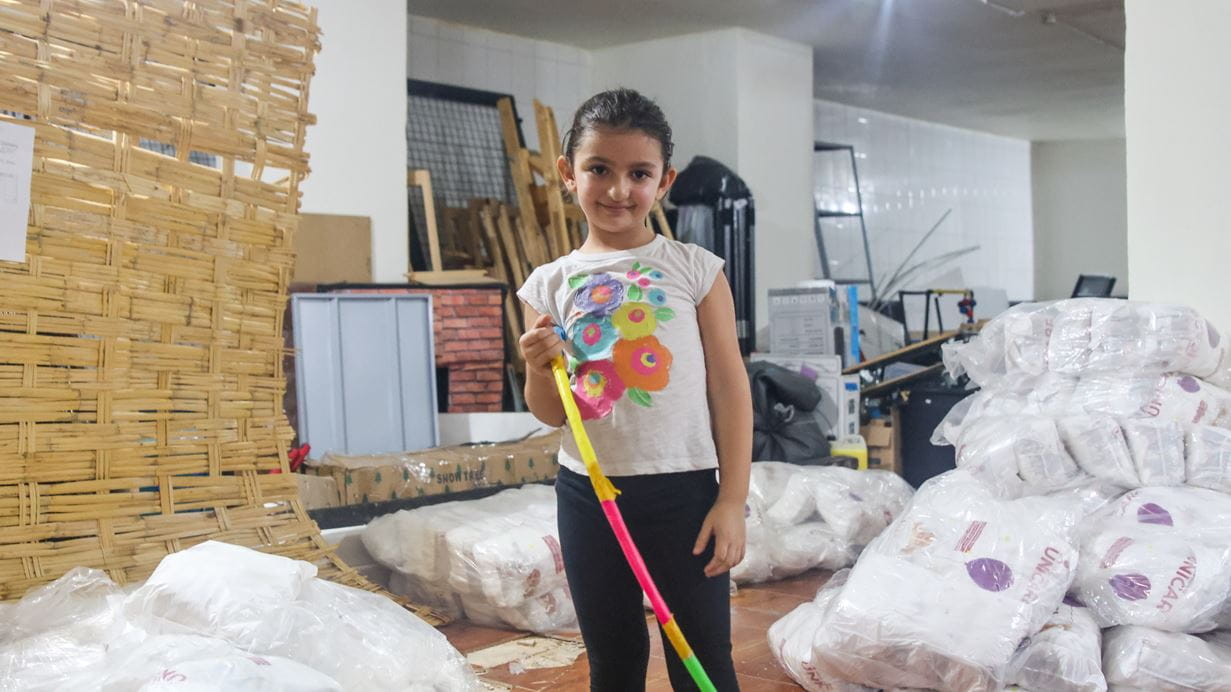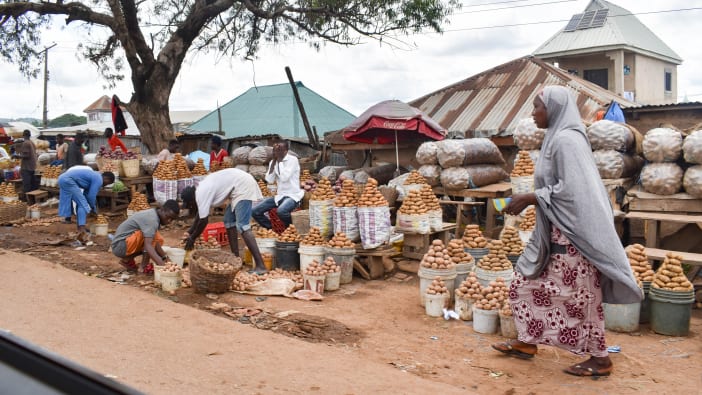The devastation of ongoing conflict in Gaza and the Middle East right now is across our media daily. It’s a complex situation which has left huge numbers of people in desperate need of humanitarian aid.
At the time of writing, getting vital assistance to many is still close to impossible. However, thanks to the generosity of Tearfund supporters, so far our local partners have been able to reach some of the people affected in Lebanon and in the Occupied Palestinian Territory.
Fleeing the southern borders of Lebanon
The conflict in Israel and Gaza has spilt over into Lebanon, resulting in intense cross-border fighting and bombing. By the end of March, more than 90,000 people had been forced to flee their homes in the south of Lebanon, near the border with Israel, in search of safety.
Salim* is from Rmeish, one of the southern villages that have been affected. He tells us, ‘Rmeish always was a peaceful and well-loved village. I was born there in 1947. During the July 2006 war**, we welcomed between 20,000 and 30,000 displaced people from neighbouring villages. They lived with us in our houses and we provided food and drink for them for 33 days.’
This time, Salim and his family have had to leave their home and seek out safety.
He says, ‘Before this new crisis, people were making a reasonable living from cultivating tobacco, beans, olives and grapes. Now, we are barely surviving as we had to flee from our homes, because we fear what might happen to us there.’
Salim, his wife, their daughter Lama* along with her husband and one of their daughters and her three children, and Lama’s sister and brother-in-law now share a small apartment in Beirut.














